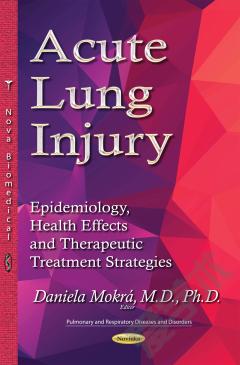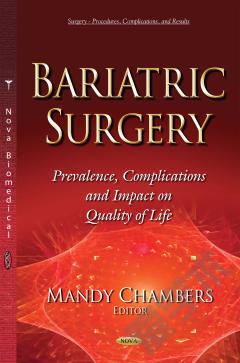Chronic Obstructive Pulmonary Disease (COPD): Clinical Symptoms, Emerging Treatment Strategies and Impact on Quality of Life
Chronic obstructive pulmonary disease (COPD) is a respiratory disorder characterized by chronic and recurrent air flow obstruction that increases resistance and dynamic hyperinflation of the peripheral airways. Chapter One presents a system for classification of COPD, based on fuzzy rules and a trained neural network. In Chapter Two, surrogate outcomes (i.e., physiological and/or anatomical outcomes) and outcomes that matter to patients (i.e., patient-centered), commonly used in COPD respiratory physiotherapy interventions, during stable and exacerbations periods, will be presented and discussed according to their strengths and weaknesses. Chapter Three assesses the association of COPD with the risk of adverse outcomes in patients with acute ST-segment elevation myocardial infarction (STEMI) who underwent percutaneous coronary intervention (PCI).
{{comment.content}}








 京公网安备 11010802027623号
京公网安备 11010802027623号